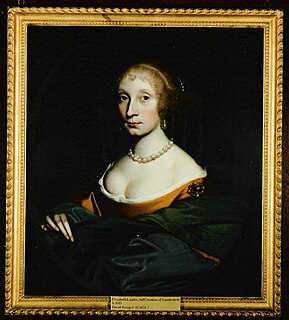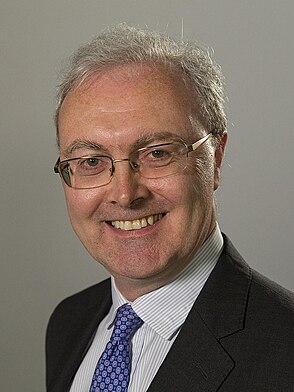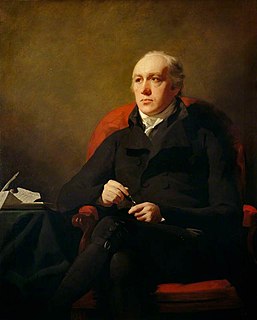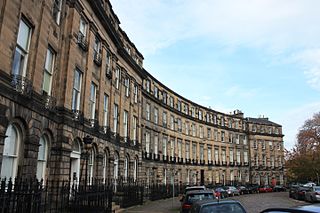
Henry Thomas Cockburn of Bonaly, Lord Cockburn was a Scottish lawyer, judge and literary figure. He served as Solicitor General for Scotland between 1830 and 1834.

Charles Maitland, 3rd Earl of Lauderdale, was the second son of John Maitland, 1st Earl of Lauderdale.

James Abercromby, 1st Baron Dunfermline, was a British barrister and Whig politician. He served as Speaker of the House of Commons between 1835 and 1839.

Her Majesty's Advocate, known as the Lord Advocate, is the chief legal officer of the Scottish Government and the Crown in Scotland for both civil and criminal matters that fall within the devolved powers of the Scottish Parliament. They are the chief public prosecutor for Scotland and all prosecutions on indictment are conducted by the Crown Office and Procurator Fiscal Service, nominally in the Lord Advocate's name.

Her Majesty's Solicitor General for Scotland is one of the Law Officers of the Crown, and the deputy of the Lord Advocate, whose duty is to advise the Scottish Government on Scots Law. They are also responsible for the Crown Office and Procurator Fiscal Service which together constitute the Criminal Prosecution Service in Scotland.

James Alexander Douglas-Hamilton, Baron Selkirk of Douglas, is a Scottish Conservative politician who served as Member of Parliament for Edinburgh West and then as Member of the Scottish Parliament for the Lothians. Since 1997 he has been a member of the House of Lords as a life peer.
James Moncreiff, 1st Baron Moncreiff of Tullibole LLD was a Scottish lawyer and politician.

Rt Hon Lord Charles Hope FRSE was a Scottish politician and judge.

James Service, Australian colonial politician, was the 12th Premier of Victoria, Australia.
William Forbes Mackenzie was a Scottish Conservative politician and temperance reformer. He is best known for the Forbes MacKenzie Act, legislation passed in 1853 to regulate public houses in Scotland.
Sir Thomas David King Murray, Lord Birnam, was a Scottish advocate and judge who served for two years as Unionist Member of Parliament (MP).
Sir David Barnett Dundas, 2nd Baronet, was a Scottish advocate, Liberal politician and agricultural improver.

Sir David Dalrymple, 1st Baronet, of Hailes was a Scottish advocate and politician who sat in the Parliament of Scotland from 1698 to 1707 and in the British House of Commons from 1707 to 1721. He served as Lord Advocate, and eventually Auditor of the Exchequer in Scotland in 1720.

James Ivory, Lord IvoryFRSE, was a Scottish judge.

Sir James Stewart, 1st Baronet was a Scottish lawyer and politician.

Sir James Stewart of Goodtrees was a Scottish lawyer, political opponent of the Stuarts, and reforming Lord Advocate of Scotland.

Sir James Montgomery, 2nd Baronet Stanhope FRSE was a Scottish peer, politician and lawyer who served as Lord Advocate of Scotland 1804 to 1806.
John Pringle, Lord Haining was a Scottish lawyer, politician, and judge. His ownership of a large estate near Selkirk secured him a seat in the Parliament of Scotland from 1702 until the Act of Union in 1707, and then in the House of Commons of Great Britain from 1707 until he became a Lord of Session in 1729.
Sir Adam Fergusson, 3rd Baronet of Kilkerran, FRSE LLD was a Scottish advocate and politician. He was described as able but humourless. Together with contemporaries such as Robert Dundas he was part of what was called the Scotch Ministry in parliament in the late 18th century.

Sir James Forrest, 1st Baronet of Comiston FRSE (1780-1860) was a Scottish baronet and Whig politician who served as Lord Provost of Edinburgh 1837-1843. The family crest is three oak trees. Forrest Road in Edinburgh is named in his honour.














